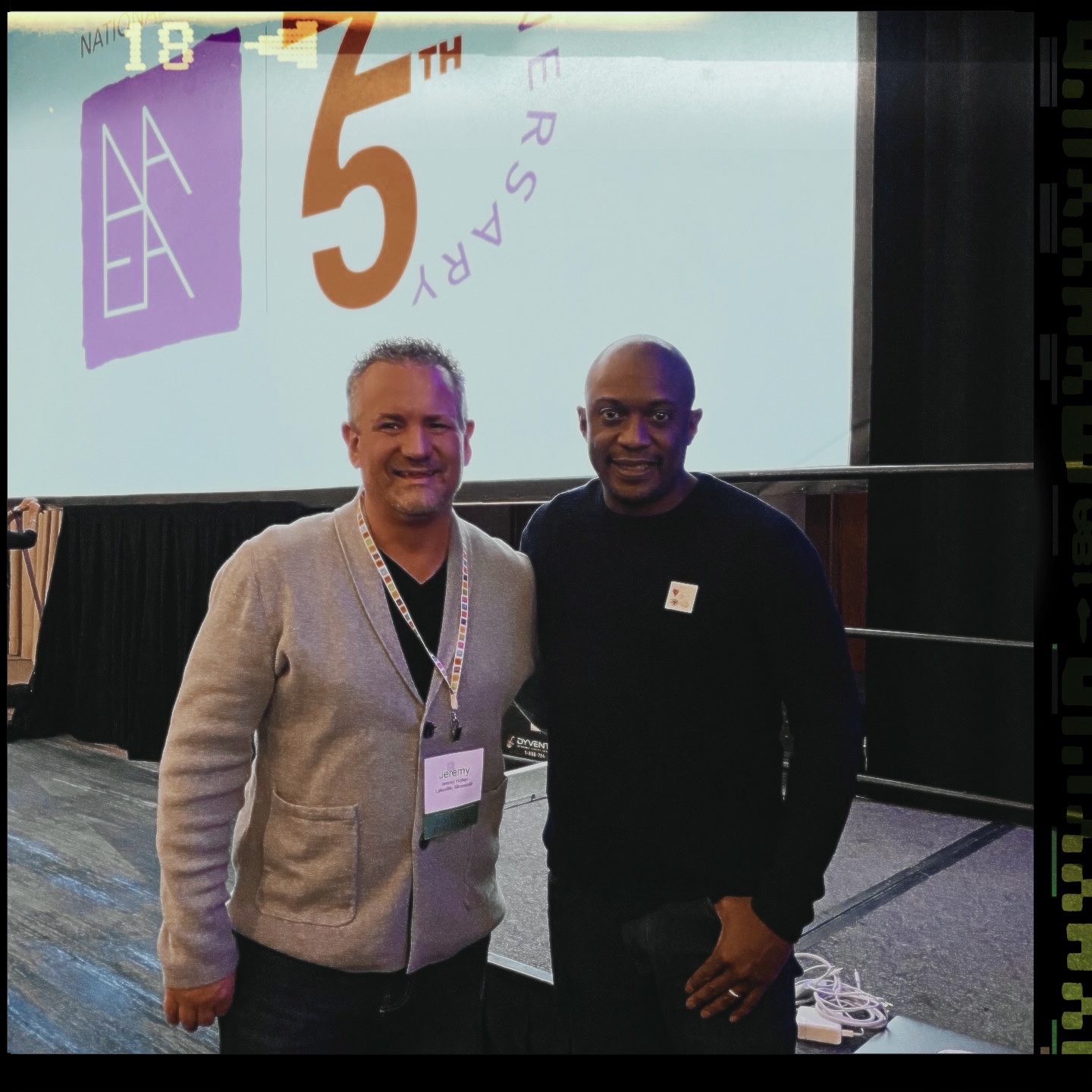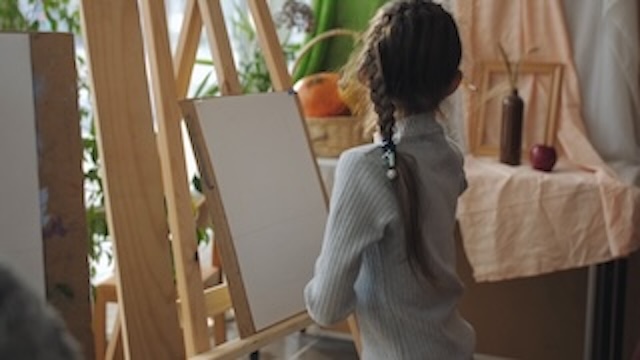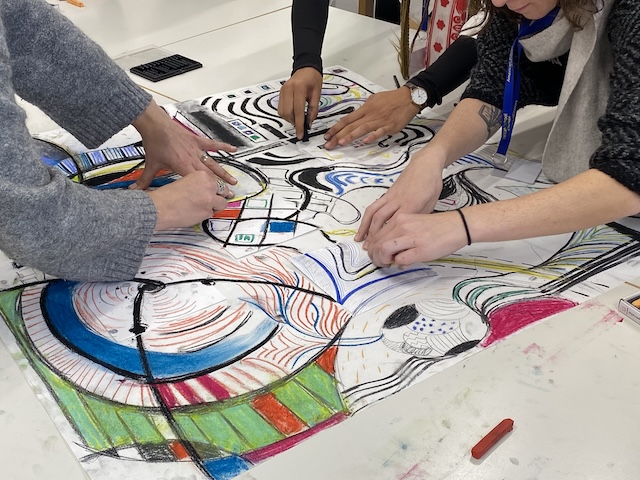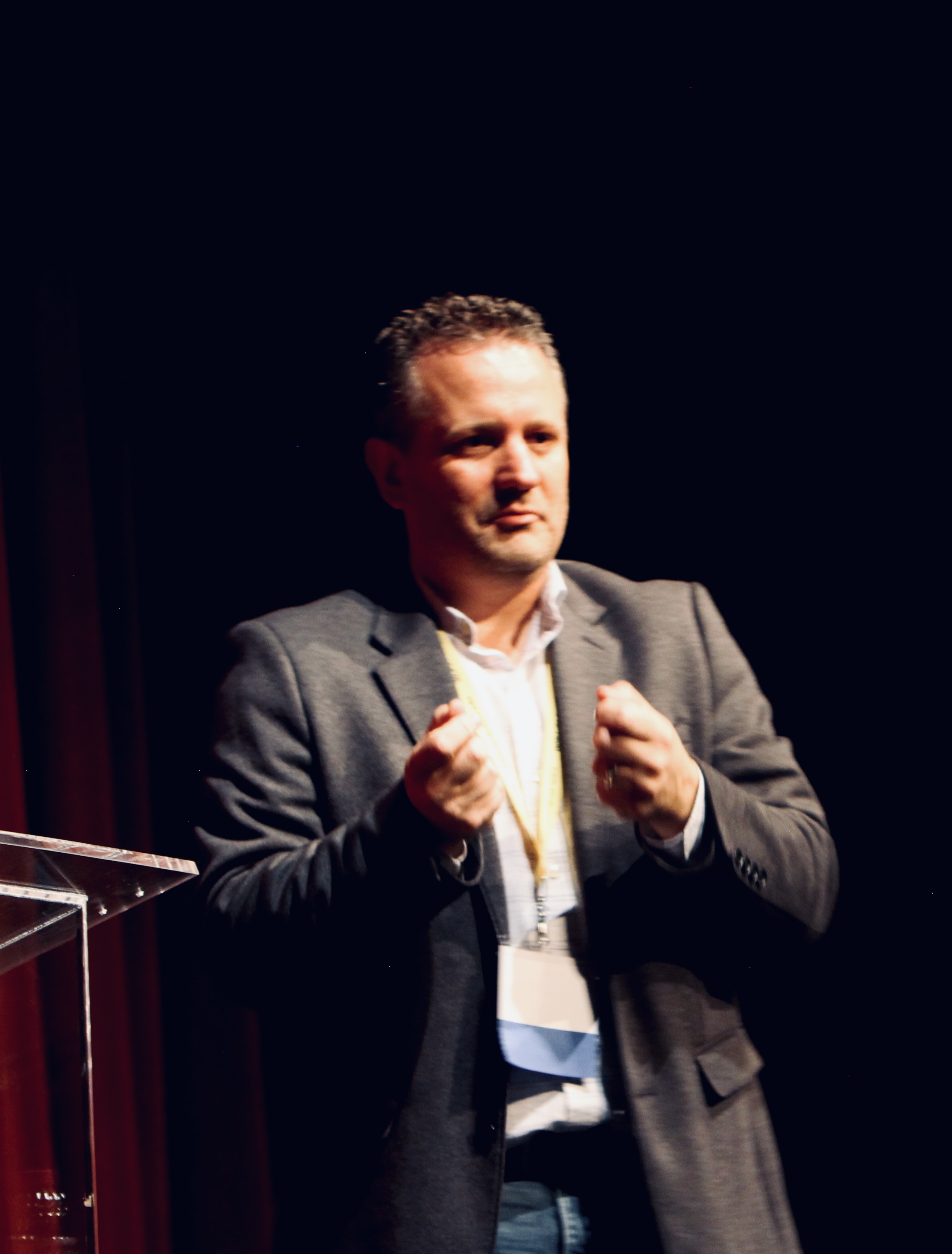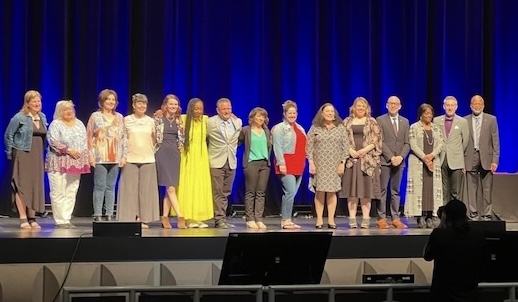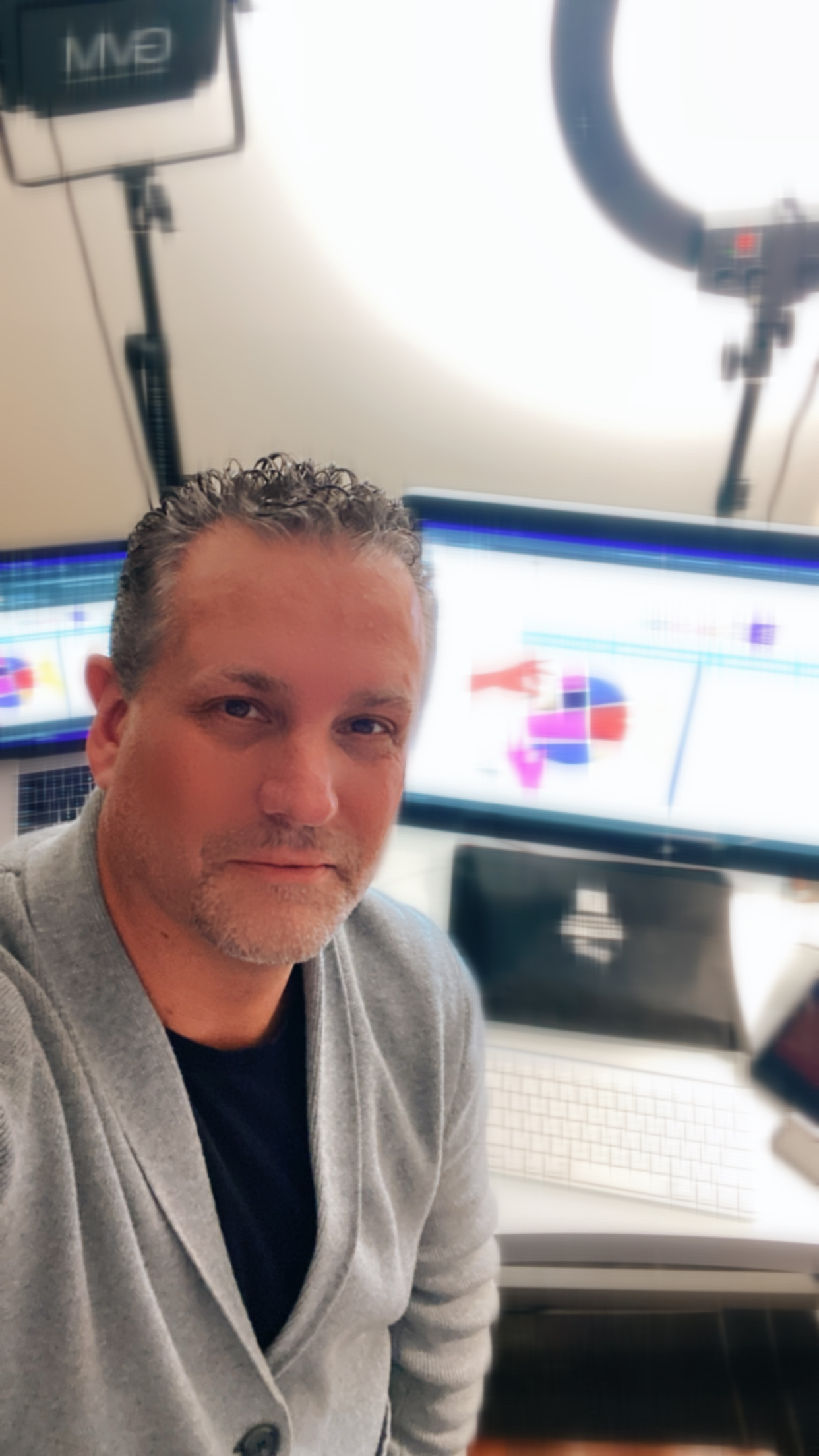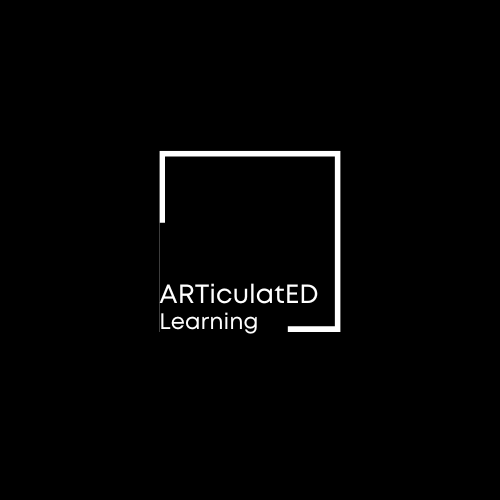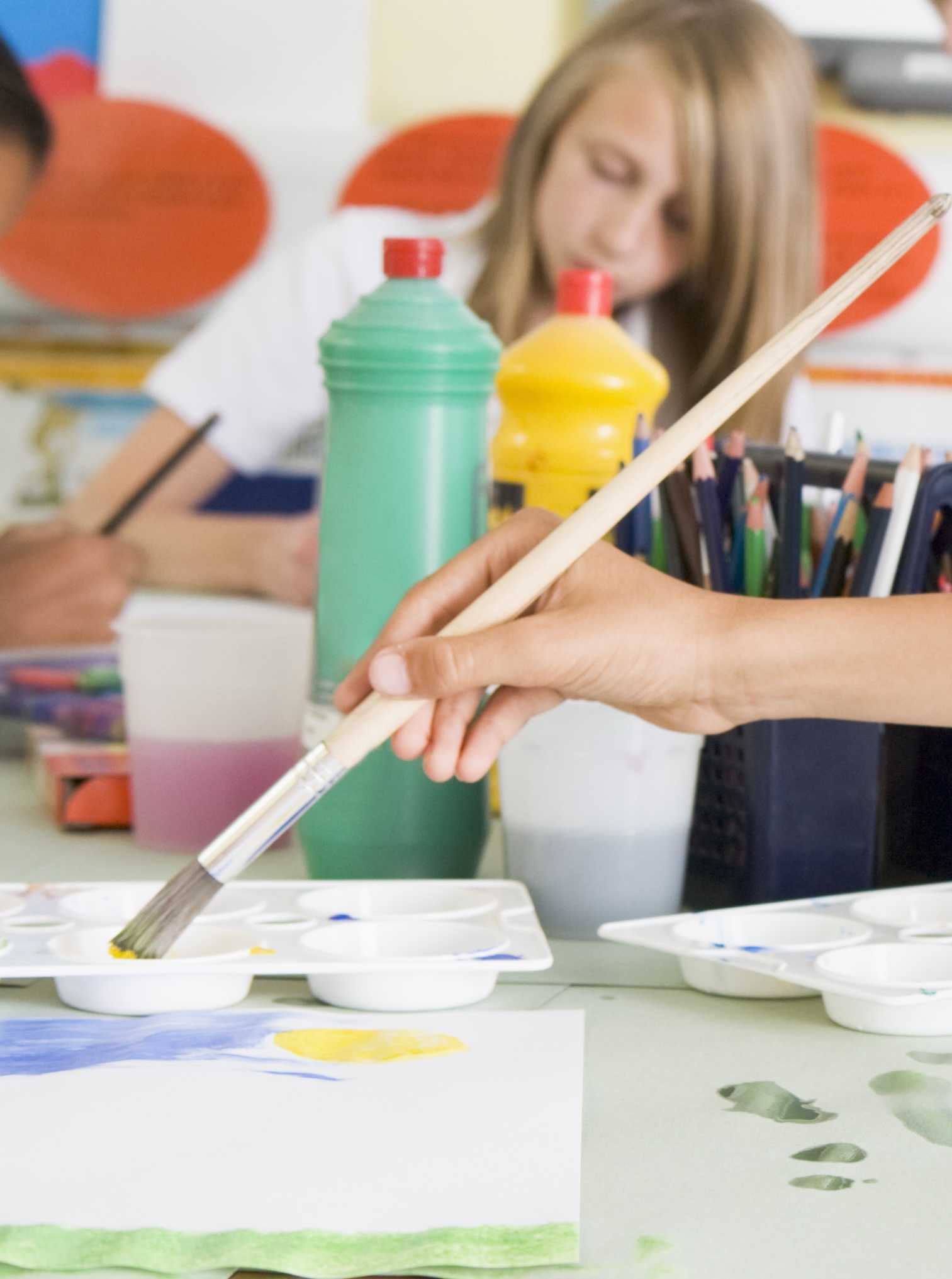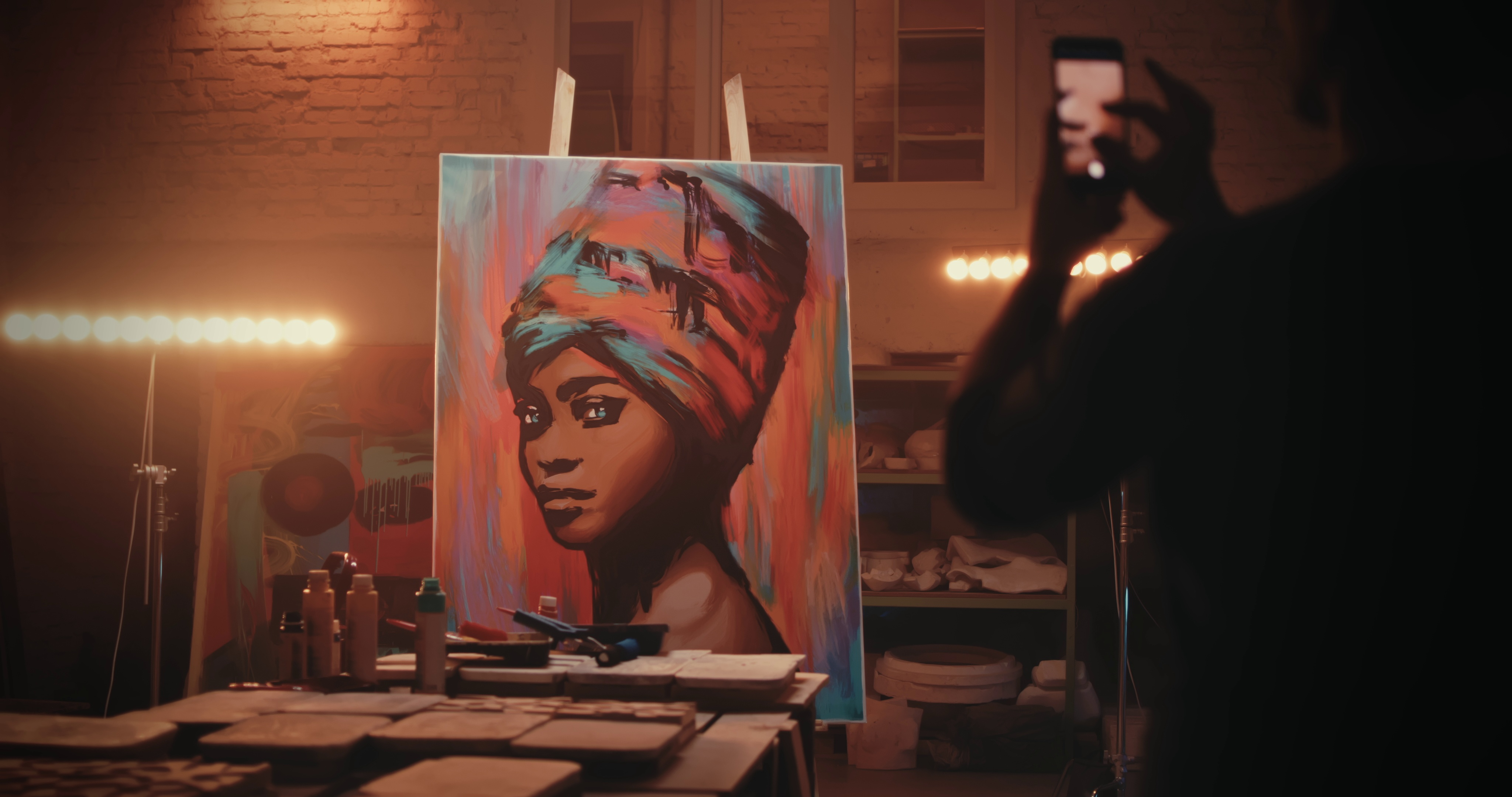
Developing Curriculum and Assessment for Arts Education: A Holistic Approach
In an ever-evolving educational landscape, arts programs must be designed with intentionality to foster creativity, critical thinking, and multimodal communication. When I collaborate with schools to develop curriculum and assessment practices for their arts programming, I bring a deep understanding of the National Core Arts Standards, ensuring that learning experiences are both rigorous and responsive to students' developmental needs.
As one of the authors and final editors of the National Core Arts Standards, I specialize in curriculum design that integrates overarching Enduring Understandings—concepts that spiral and build across grade levels. This approach ensures that students develop a cohesive, scaffolded understanding of the arts, connecting their learning experiences year after year. Whether in media arts, visual arts, animation, or filmmaking, students must be guided through foundational concepts that evolve into advanced, independent applications of artistic thought and production.
Arts education is not just about creative output; it is about developing students' abilities to think, interpret, and communicate through artistic means. My curriculum and assessment strategies emphasize daily incremental steps toward deeper learning, supporting:
Assessment That Reflects the Creative ProcessTraditional assessment methods often fall short when applied to the arts. My approach to assessment is dynamic and authentic, valuing process as much as product. Schools benefit from rubric development, performance-based assessments, and portfolio-building strategies that help educators measure growth in:
Tailoring Curriculum to Meet Institutional NeedsEvery school has unique goals, constraints, and student populations. I work closely with educators and administrators to design customized curriculum frameworks that align with school missions, local standards, and student needs. This includes:
Empowering Educators and Students AlikeMy work is not just about writing curriculum; it’s about empowering educators to teach with confidence and clarity, and helping students discover their creative potential. By bridging concept-based curriculum design, digital fluencies, and artistic practice, I ensure that arts education is relevant, rigorous, and inspiring for 21st-century learners. If your school is looking to strengthen its arts curriculum and assessment practices, let’s collaborate to build a program that nurtures creativity, critical thinking, and lifelong artistic engagement.
My goal is to help schools develop arts curriculum and assessment practices that build creative ability, multimodal communication fluencies, and critical thinking, grounded in Enduring Understandings that spiral across grade levels.
When I work with schools, the result is a dynamic, standards-aligned arts curriculum that nurtures deep creative thinking, multimodal communication, and artistic fluency. Through a focus on conceptual understandings that spiral across grade levels, educators gain a clear framework for designing instruction that scaffolds student learning in meaningful ways. Instructional practices emphasize inquiry-based and concept-driven approaches, ensuring that students engage in authentic, relevant learning experiences that connect to their lives and the world around them.
Authentic implementation is at the core of my work, helping schools move beyond surface-level activities to cultivate rich, student-centered learning environments where artistic exploration, experimentation, and risk-taking are encouraged. Assessment practices are designed to be purposeful and meaningful, providing both teachers and students with insights into creative growth and understanding. Rather than relying on rigid or disconnected assessments, I help schools implement authentic, process-oriented evaluation methods that reflect the real-world artistic and media production process.
The impact of this approach is a more cohesive and engaging arts program that builds students’ confidence, critical thinking, and ability to communicate through visual and media arts. Teachers feel empowered with practical, research-based strategies that enhance their instruction while maintaining flexibility to meet the diverse needs of their students. Schools benefit from a curriculum that not only aligns with national and state standards but also fosters innovation, creativity, and lifelong artistic engagement.
I help schools develop dynamic, concept-driven arts curricula with authentic instruction and assessment, fostering deep creative thinking, multimodal communication, and meaningful artistic growth for both students and educators.
